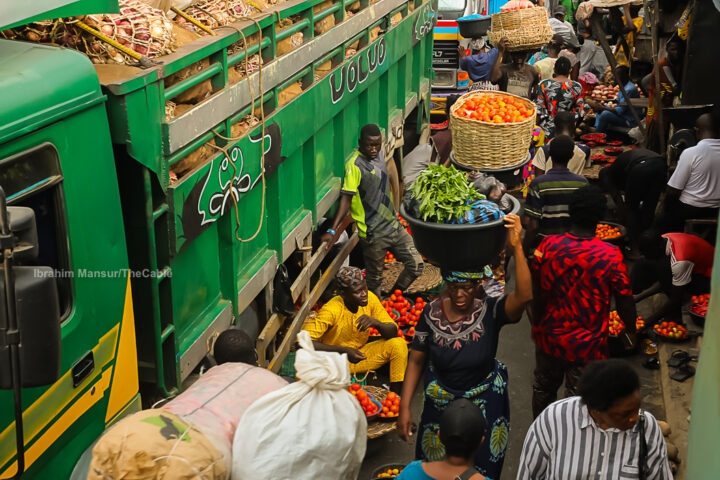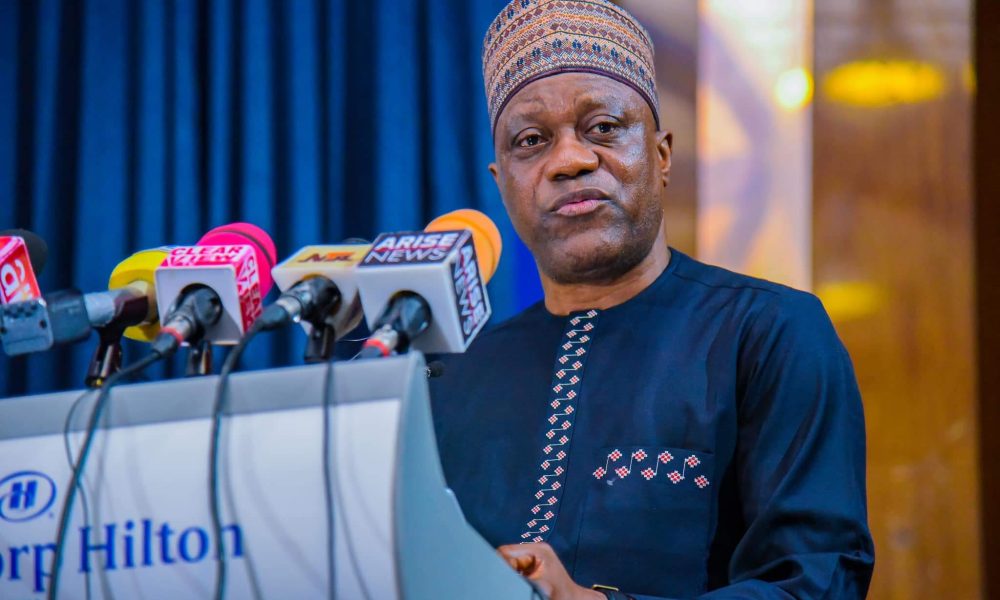NEPC and NBS Collaboration on Trade Data
The Nigerian Export Promotion Council (NEPC) and the Nigerian Bureau of Statistics (NBS) have formalized their collaboration through a Memorandum of Understanding (MoU) aimed at enhancing the collection of data from informal cross-border trade activities. This partnership signifies a pivotal moment in Nigeria's pursuit of expanding its export sector by incorporating data from the informal sector into official records.
NEPC’s Executive Director, Nonye Ayeni, emphasized that informal cross-border trade is a significant economic activity that supports livelihoods, reinforces regional supply chains, and bolsters national and continental economic stability. Ayeni highlighted that millions of dollars in goods and services exchanged through informal exports have largely remained unrecorded. Data collected by NEPC state offices from key trade corridors in states such as Kano, Jigawa, Kebbi, Zamfara, Katsina, Sokoto, Lagos, Ogun, and Adamawa indicate transactions valued at over $31.8 million in certain months of 2024.
Reports from the National Onion Producers, Processors and Marketers Association of Nigeria (NOPPMAN) reveal that over 1.6 million bags of onions were traded informally with neighboring countries including Ghana, Cote D'Ivoire, Benin, Cameroon, Congo, and Niger Republic. These substantial trade volumes are not reflected in national export trade statistics, which has implications for economic planning.
Ayeni also noted that the underreporting of informal trade weakens Nigeria’s position in regional and global trade negotiations, limits recognition and support for informal traders, and diminishes the country’s overall economic potential, particularly regarding the contributions of women, youth, and MSMEs. The collaboration between NEPC and NBS is intended to address this imbalance and capture a more comprehensive view of Nigeria’s export trade activities.
Statistician-General of the Federation, Adeyemi Adeniran, emphasized the importance of collaboration among national and sub-national agencies, regional institutions, international development partners, and the private sector. He stressed that capturing data from informal trade and trade in services is crucial for addressing challenges in Nigeria’s trade data architecture. He also noted that the existing data gaps impede evidence-based policymaking, limit the capacity to engage in fair trade negotiations, and undermine the accuracy of macroeconomic indicators. Traditional trade measurement systems have predominantly focused on formal, large-scale transactions, overlooking the significance of informal trade routes.
Adeniran pointed out that informal trade contributes significantly to intra-African trade, accounting for between 20-40% in Sub-Saharan Africa, with Nigeria being a major player due to its extensive and porous borders. Addressing these data gaps is essential for understanding the economic realities and well-being of millions of Nigerians involved in these activities.
Nonye Ayeni added that existing trade data primarily captures activities within the formal sector, offering limited visibility into informal export trade transactions, despite their significant volume and economic impact. In 2024, formal export trade records indicate that 7.291 million metric tons of non-oil products valued at $5.456 billion were exported from Nigeria, a figure that excludes informal export trade data.











